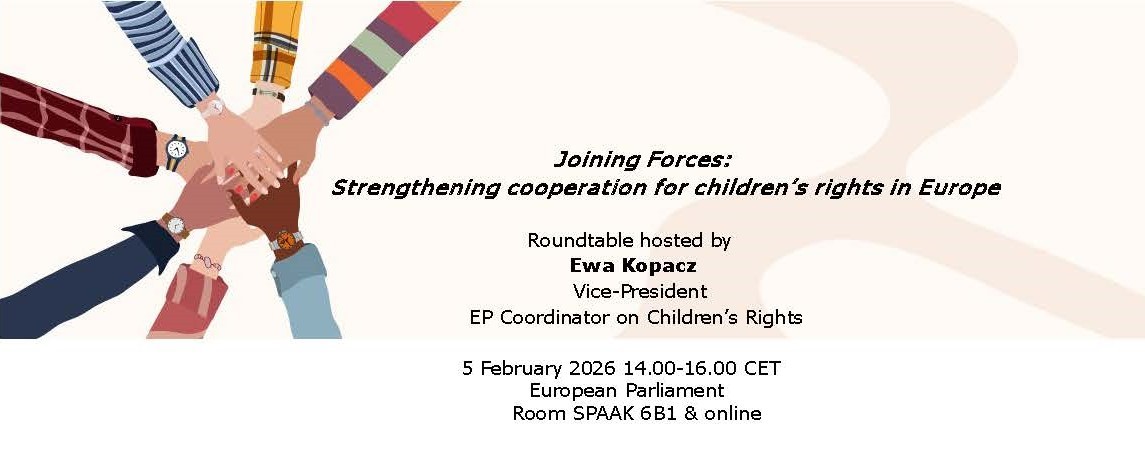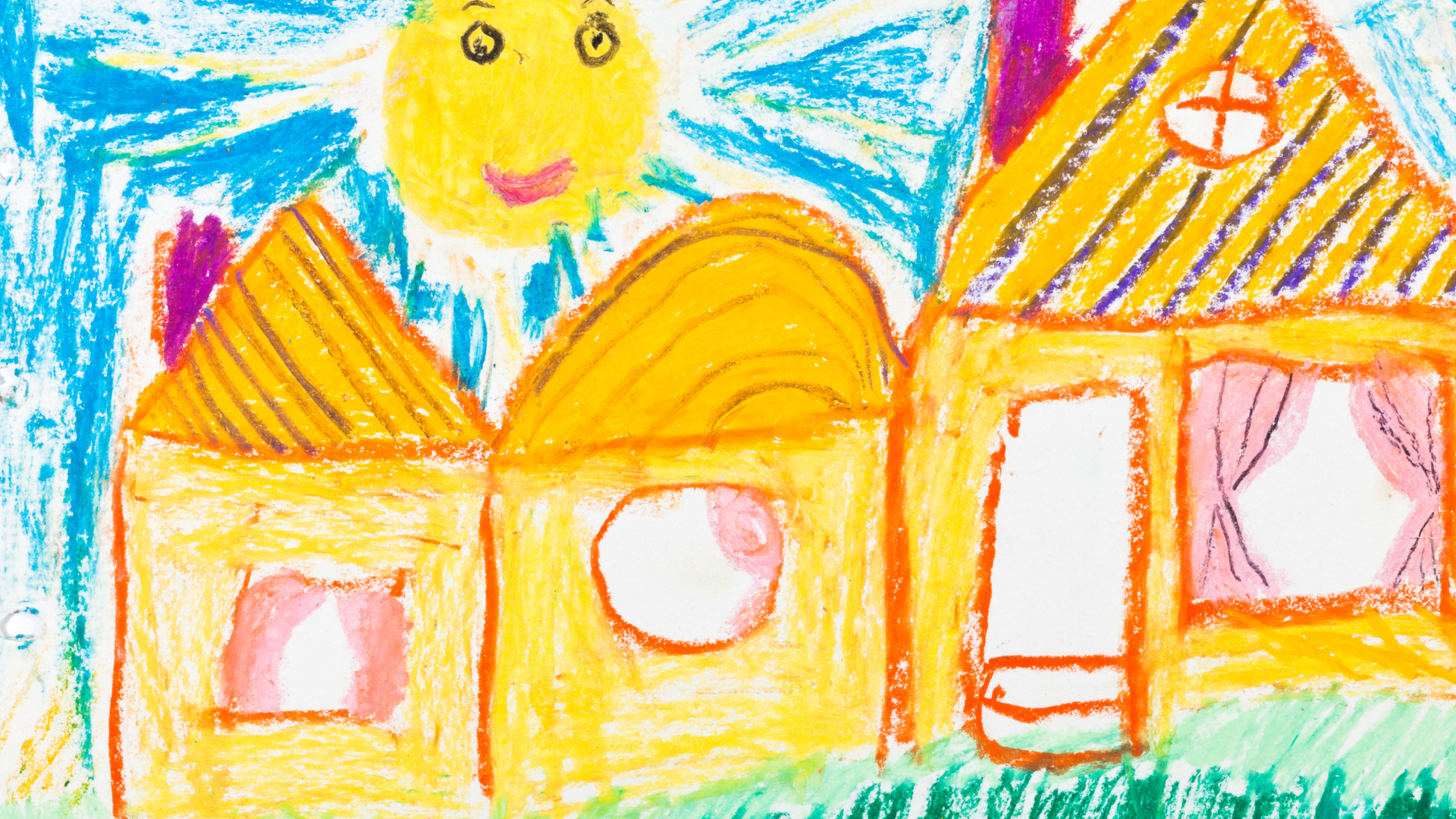Our hopes for this year’s State of the Union address
Ahead of this year’s State of the Union speech, we sent a letter to the European Commission President, Ursula von der Leyen, highlighting what we hope to hear in her speech.
Dear President von der Leyen,
As you finalise your State of the Union address, we urge you to uphold your commitments to children, as expressed in the EU’s Strategy on the Rights of the Child.
You declared 2022 the ‘European Year of Youth’. But it is important to recall that active citizenship does not begin at voting age. Children are experts in their own lives and agents of change in their own right. Children not only have the right to protection, but also to participation in decisions that affect them. The EU Strategy on the Rights of the Child is now adopted by all 27 Member States. It sets the foundation for bold implementation of children’s rights across the EU.
A priority objective of the EU Strategy on the Rights of the Child is children’s participation in political and democratic life. As you reflect on the future of Europe, consider meaningful and inclusive child participation as an essential resource to build more equitable and sustainable societies.
In the context of the on-going digital transformation, we expect you to give specific attention to EU efforts to ensure that the digital world is fit for children and safe by design. The proposed EU regulation to combat online child sexual abuse is an important step forward to ensure children are safe online and offline.
Children are among the primary victims of Russia’s invasion in Ukraine. Whilst the introduction of the EU Temporary Protection Directive is to be applauded, there are still major gaps in the EU’s response to protect children fleeing the war. Many children arrived in the EU unaccompanied, and still are. The war in Ukraine shed light on the lack of legal harmonisation of guardianship systems for children deprived of parental care across the EU. This has implications on how children can access protection, how information on their circumstances is managed and ultimately, how durable solutions are identified and secured for children.[1]
The absence of any common standards risks to reverse the recent progress in the quality of care provision across the EU. It is vital the EU continues to strengthen community-and- family-based care alternatives, and to avoid that children are placed in institutions where they are vulnerable to further abuse.[2] We also urge you to use the opportunity of Ukraine’s accession to the EU to mobilise resources and expertise to transform their system of child care, which remains heavily reliant on institutional care.
The shocking death of a baby in the Dutch asylum centre has drawn attention to the appalling conditions faced by asylum seekers across parts of Europe, many of them children. The EU is complicit in establishing double standards for refugees depending on their country of origin. As a global champion of rule of law and human rights, the EU must support and monitor Member States treatment of migrants and asylum seekers.
In the context of escalating cost of living and energy prices, we urge the EU to prioritise the well-being of children and families to prevent deepening poverty and hardship. The experience of poverty in childhood can negatively impact health, education and employment outcomes later in life. This is a devastating cost, not only to the individual, but to society as a whole. The adoption of the European Child Guarantee initiative in 2021 was an important milestone. The European Commission now must maintain pressure on EU Member States to deliver ambitious national action plans and to unlock the necessary EU resources to protect the most vulnerable.
There is overwhelming evidence of the importance of early childhood experience for healthy development and well-being. We welcome the upcoming EU Care Strategy that will affirm the EU’s commitment to increase investments on early childhood education and care. It is essential that these services reach families living with adversity as this is where public investment can make the greatest difference. Dear President, we hope that by making the voice of your children heard: “Do not play for time — use the time to get things done”[3], you lead by example and put all children at the heart of Europe’s future.
[1] Discussion paper on guardianship, care arrangements and custodial responsibilities for unaccompanied and separated children fleeing Ukraine and arriving in the European Union Dated May 6, 2022 – Unicef ECARO, Child Circle, Eurochild: https://eurochild.org/uploads/2022/05/Child-Circle-Discussion-Paper-on-guardianship-and-care-for-UASC-from-UA.pdf
[2] https://www.eurochild.org/news/ukraine-crisis-reveals-the-weaknesses-of-national-child-protection-systems-in-the-eu/
[3] https://ec.europa.eu/commission/presscorner/detail/en/SPEECH_19_4230





